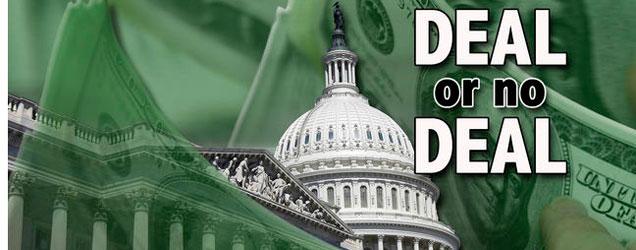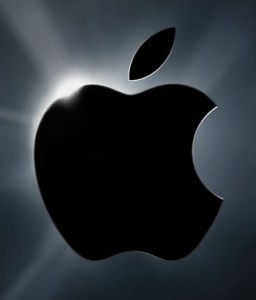 In an informative blog regarding the Lululemon enterprise by Tiffany Tsao, I was interested by her view on Lululemon’s entrepreneurship. According to Tiffany, it’s entrepreneurial since it has an innovative manner, and at the same time generates sufficient value towards the customers to cover their costs. Lululemon has chosen a controversial approach by creating brand identity around community and learning, while performing very little advertising. Despite this usual method Lululemon has created a very loyal customer base.
In an informative blog regarding the Lululemon enterprise by Tiffany Tsao, I was interested by her view on Lululemon’s entrepreneurship. According to Tiffany, it’s entrepreneurial since it has an innovative manner, and at the same time generates sufficient value towards the customers to cover their costs. Lululemon has chosen a controversial approach by creating brand identity around community and learning, while performing very little advertising. Despite this usual method Lululemon has created a very loyal customer base.
There are four aspect that distinguish an Entrepreneurship from a small business. They are the amount of wealth creation, speed of wealth creation, risk, and innovation. Lululemon has definitely excelled in wealth creation by generating a ridiculous $340 million annual revenue. This rapid wealth creating has occurred over a short span of 10 years, which furthermore distinguishes Lululemon from small businesses. Risk was very high for Lululemon due to their unusual lack of advertising, and a unique brand identity. Both of those strategies could have backfired, but the success of Lululemon lies in their distinctiveness from others and the willingness to take risks. Lastly in terms of innovation Lululemon has taken yoga wear to the next level through trendy designs, and comfortable material. Therefore it’s safe to say that Lululemon is a perfect example of an entrepreneurial business.
Work Cited:
“My Religious View? Ah, Lululemonism. | life in a box.” UBC Blogs | Home. N.p., n.d. Web. 22 Nov. 2011. <https://blogs.ubc.ca/tiffanytsaoo/2011/11/16/my-religious-view-ah-lululemonism/>.
“A Definition of Entrepreneurship and the Entrepreneur.” QuickMBA: Accounting, Business Law, Economics, Entrepreneurship, Finance, Management, Marketing, Operations, Statistics, Strategy. N.p., n.d. Web. 22 Nov. 2011. <http://www.quickmba.com/entre/definition/>.



